My PHP server uses the encrypt as follows.
openssl_encrypt('data', 'AES-256-CBC', '1234567890123456', 0, '1234567890123456')
the result is adVh7c/vcyascTS0Z669IA==.
My dart server uses encrypt package as follows.
import 'package:encrypt/encrypt.dart' as encrypt;
Encrypter(AES(encryptKey, mode: AESMode.cbc)).encrypt('data', iv: '1234567890123456').base64
final encrypt.Key encryptKey = encrypt.Key.fromUtf8('1234567890123456');
final encrypt.IV encryptIvKey = encrypt.IV.fromUtf8('1234567890123456');
final encrypt.Encrypter encrypter = encrypt.Encrypter(encrypt.AES(encryptKey, mode: encrypt.AESMode.cbc));
print(encrypter.encrypt('data', iv: encryptIvKey).base64);
The result is KQjJ76efmVlgGKDsj6dCog==.
These result values are different. I saw the cipher method of PHP. If I change the cipher method in the PHP server from
AES-256-CBC
to
aes-128-cbc // or aes-128-cbc-hmac-sha1, aes-128-cbc-hmac-sha256
The result will be KQjJ76efmVlgGKDsj6dCog==. (same as the result from the dart server)
But editing files in the PHP server is the last choice.
What I can do in the dart server to make the result the same as the result from the PHP server (AES-256-CBC method)?
How to use the AES-256-CBC method in encrypt package?
If I must edit files in the PHP server, what method I should use?
The aes-128-cbc, aes-128-cbc-hmac-sha1 and aes-128-cbc-hmac-sha256 give the same result. Or some method better than this and it is available in encrypt package as follows in this image. Suggestion me, please.
